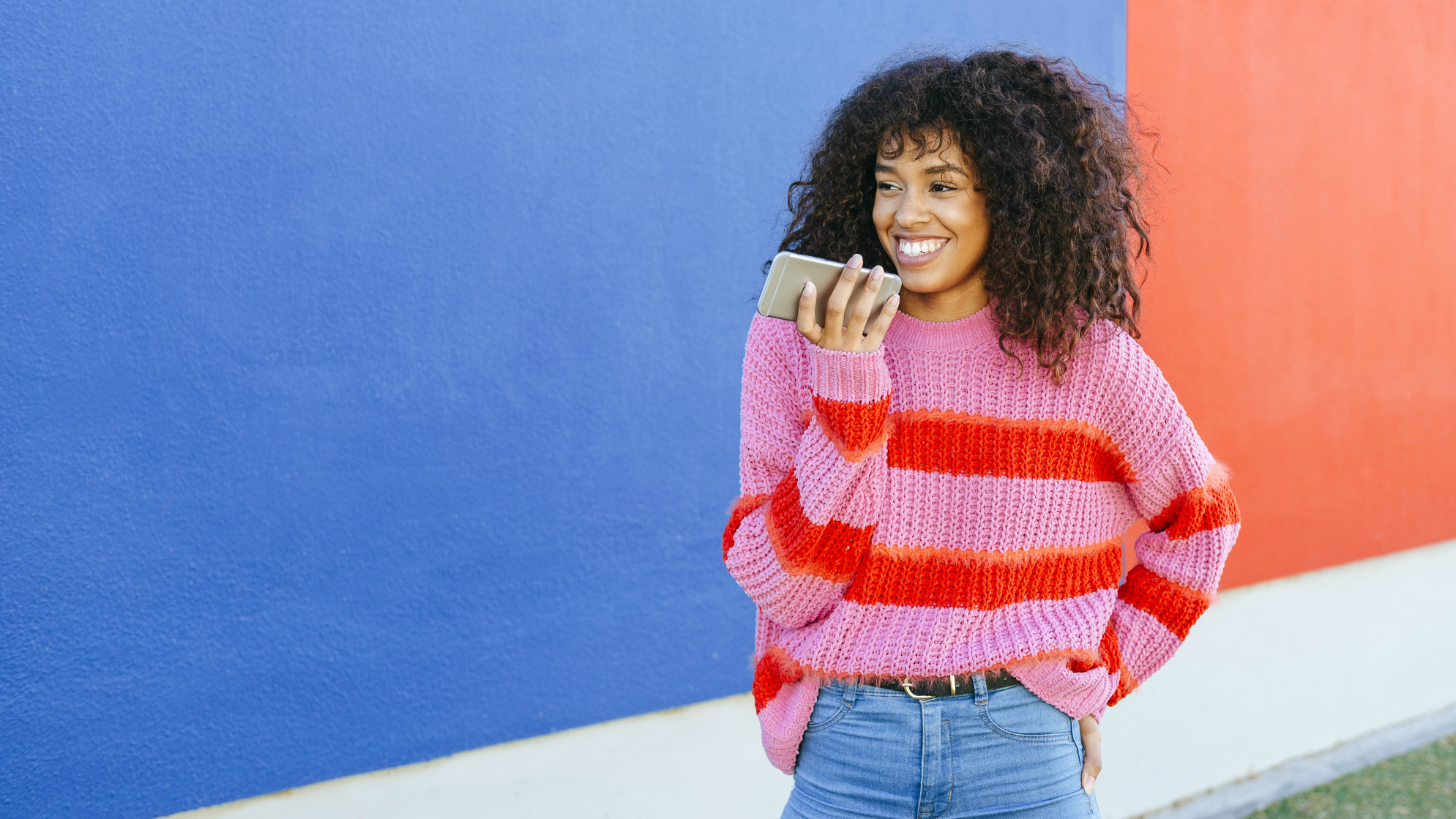'When did our telephone mania become a phobia?'
We send millions of texts, emails and WhatsApps, but the phone call is steadily dying out. When did it stop being good to talk, asks Daisy Buchanan.

Celebrity news, beauty, fashion advice, and fascinating features, delivered straight to your inbox!
You are now subscribed
Your newsletter sign-up was successful
We send millions of texts, emails and WhatsApps, but the phone call is steadily dying out. When did it stop being good to talk, asks Daisy Buchanan.
I’m reading Hanging Up by Delia Ephron.
It’s a novel about three sisters, their complicated family dynamic, and the rather tricky transition period between youth and advanced adulthood. But it’s also an ode to the telephone; each character spends more time on it in a day than I do in a year. When I was a teenager, all I wanted was a phone of my own. If Future Me and told Teen Me that I’d own one, and never call my friends on it, I would have been horrified. Yet when a new acquaintance recently asked if she could ring me off a chat, I responded as if she’d asked for my PIN. I will only take phone calls from my blood relatives, and even that’s under some duress.
In 2017, the number of mobile phone calls fell for the first time. We’ve clearly fallen out of love with phone conversations - even though many of us grew up romanticising the receiver ( remember the board game Dream Phone?). Like me, you probably had an argument with an argument with a parent about a phone bill, where the expression ‘not made of money’ came up- or my father’s favourite: ‘You’ve been at school with them all day, what can you possibly have to talk about?’ So, when did our telephone mania become a phobia?
According to behavioural psychologist Jo Hemmings, the shift is due to the growing number of communication options. ‘It was shaped by the onset of text messaging, followed by WhatsApp messages and voice notes, PM’s on Facebook, DM’s on Twitter, Snapchat and emojis- we have adapted the art of conversation to a written rather than a spoken form,’ she says. Plus we’re out of practice. ‘People are losing the skills of proper phone conversation’ she adds. ‘We fear interrupting someone, there’s a lack of confidence in what we’re going to say and there’s no time to think of a witty written response.’
Interestingly, we still have an appetite for the aural. According to estimates, since WhatsApp launched the voice notes feature in 2013, over 200 million are sent everyday. It’s easy to see the appeal. You have more intimacy that you do with a written message, but you dot have to respond to any unexpected information, and you can delete what you said and say it again.
If this is the informational, it makes sense that the phone call is being phased out In favour of other methods of sharing data more quickly. But if we’re losing faith in it, maybe we’re losing faith in what we have to say. Emails, DMs and voice notes allow us to filter our personalities. Choosing to speak on the phone takes courage. But as Hemmings says, ‘Those of us who do cherish phone calls will remember the fun and soul-bearing conversations with deep affection.’
Celebrity news, beauty, fashion advice, and fascinating features, delivered straight to your inbox!
While technology has made us feel as though the phone all is anachronistic, it might be revived by out thirst for nostalgia. Science writer Elizabeth Stinson predicted a renaissance , citing, ‘ a renewed desire for authentic communication’. When I was a teenager, the phone felt like a life line. Those intense conversations formed the core of my friendships and helped me to learn about the woman I’d become. Today, that man sometimes feels a little lost in a sea of WhatsApp alerts. IF we want to seek quality experiences, a phone call might be the best place to start. After all, it’s easy to text, but it’s good to talk.
The leading destination for fashion, beauty, shopping and finger-on-the-pulse views on the latest issues. Marie Claire's travel content helps you delight in discovering new destinations around the globe, offering a unique – and sometimes unchartered – travel experience. From new hotel openings to the destinations tipped to take over our travel calendars, this iconic name has it covered.